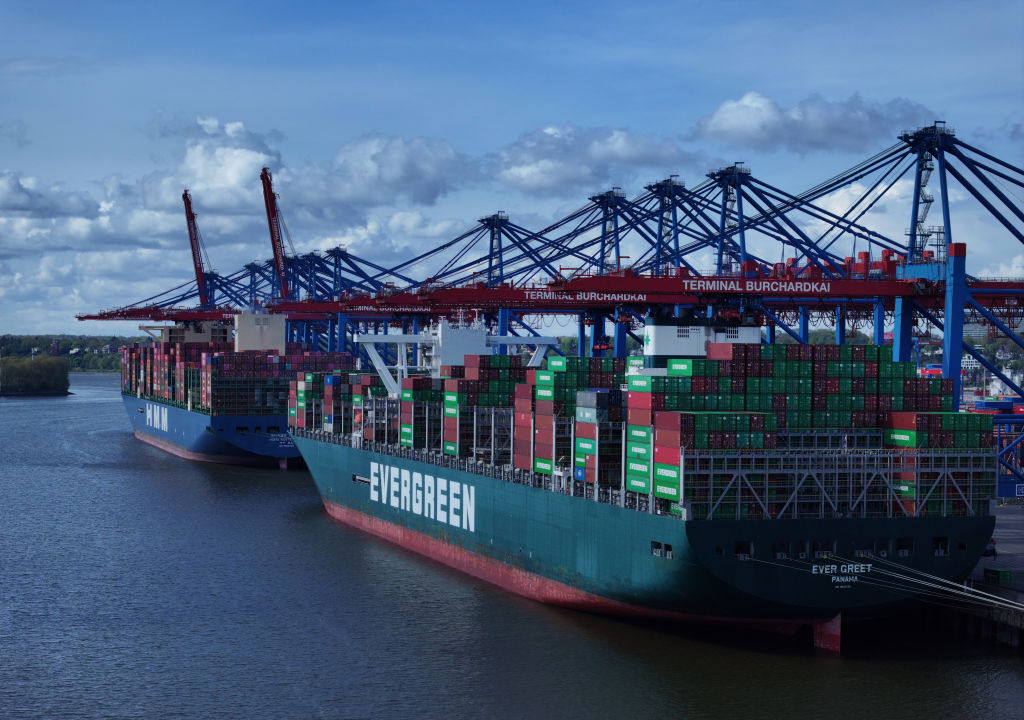German exports to the United States plummeted in May, official data showed on July 8, as Berlin pressed the European Union to strike a quick tariff deal with US President Donald Trump.
Exports to the United States, Germany’s largest trading partner, fell by 7.7 per cent compared to April to €12.1 billion, federal statistics office Destatis said.
The drop left German exports to the United States at their lowest level since March 2022 and came after the initial April announcement by Trump of sweeping “Liberation Day” tariffs.
The punitive reciprocal rates, which could see EU exports hit with a flat 20 per cent tariff, were first suspended until July 9, before Washington extended the pause till August 1.
Overall, Germany exported a total of €129.4 billion worth of goods in May, a drop of 1.4 per cent from the previous month.
Analysts surveyed by financial data firm FactSet had expected the trade barometer to stagnate.
ING bank analyst Carsten Brzeski said May’s fall likely reflected a reversal of earlier “frontloading” after American customers had rushed to get orders in before announced tariffs could take effect.
“This effect has now dissipated,” he said, adding that “the risk of (more) tariffs hangs like a sword of Damocles over German and European exporters”.
The White House on July 7 said it had sent letters to more than a dozen countries detailing the tariffs they would face if they did not reach new trade agreements with Washington by August 1.
Ongoing trade tensions threaten new pain for export powerhouse Germany, whose economy is already reeling from high production costs and intense Chinese competition in sectors from cars to machine tools.
German Chancellor Friedrich Merz last week called on the EU to strike a “quick and simple” bargain with the United States, saying Germany’s “key industries” needed clarity.





